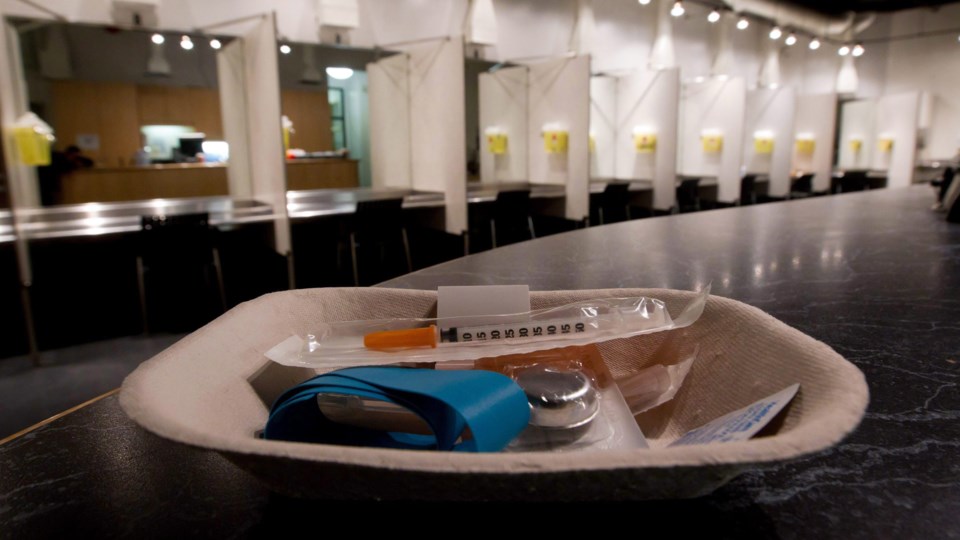NEWS RELEASE
DEPARTMENT OF HEALTH AND HUMAN SERVICES
*************************
LANSING, Mich. – In the first four months of an effort by the Michigan Department of Health and Human Services (MDHHS) to expand transportation services for substance use disorder treatment and recovery services, more than 4,100 rides have been provided to individuals in need. The ride program is designed to help reduce drug-related overdose deaths and decrease overdose racial disparities in the state.
In the Opioids Settlement Survey, transportation was cited as a major barrier for patients completing services. According to an MDHHS report, one in six beneficiaries reported missing a dose of medication assisted treatment due to transportation difficulties in the past six months.
MDHHS provided 17 agencies more than $2.7 million in funding from opioid settlement funds to help increase access to services for economically disadvantaged individuals seeking or engaging in treatment, harm reduction or recovery support services. Michigan is slated to receive nearly $1.6 billion from national opioid settlements by 2040, with half being distributed to the State of Michigan Opioid Healing and Recovery Fund and the other half being distributed directly to county, city and township governments.
“Opioid settlement funding is allowing us to better address gaps in substance use disorder services as we focus on the highest need communities in our state,” said Dr. Natasha Bagdasarian, chief medical executive and Michigan Opioids Task Force co-chair. “The more than 4,100 rides to treatment and recovery services provided with this funding will help improve outcomes for patients.”
The grants allow agencies to expand their capacity to transport participants to and from treatment appointments and other supportive services. Funding can also be used for the distribution of gas cards, bus passes and taxi/rideshare services.
“The grant has significantly benefited our clients by providing essential support and resources throughout their recovery journeys,” said Brenda Maks of Live Rite Structured Recovery Corp. in Macomb County. “In just four months, we have provided 1,780 rides to 378 individuals.”
Great Lakes Recovery Centers (GLRC) in Marquette County used its grant funding to purchase three vehicles to help transport clients. More than 60 individuals being served by GLRC have been able to attend medical and legal appointments and attend interviews and other job-related events.
“Transportation is one of the largest barriers that residents in the Upper Peninsula face when seeking services or employment opportunities,” said Greg Toutant, CEO of Great Lakes Recovery. “GLRC is proud to offer transportation services as the next step in providing whole person care.”
“With this grant, we are able to transport individuals to and from treatment 24 hours a day, seven days a week,” said Naveed Syed, CEO of Quality Behavioral Health in Wayne County. “We are also assisting those who find it difficult to secure their own transportation in a timely manner to get to medical and legal appointments. In addition, we have bought bus tickets and offered Uber or Lyft rides if our driver was not available for pickup.”
Additional information regarding proposed programming under Michigan’s Opioid Healing and Recovery Fund is provided on the opioids settlement website.
*************************



